How should people living with HIV deal with family members who don't yet know?
Because of my work, I have more opportunities to come into contact with AIDS patients.
I remember a Japanese movie called An, about an old Japanese woman who could make gongyaki. She was a cured leper and everyone loved her gongyaki, but after learning about her history of leprosy, everyone began to isolate her and no one ever bought her gongyaki again.
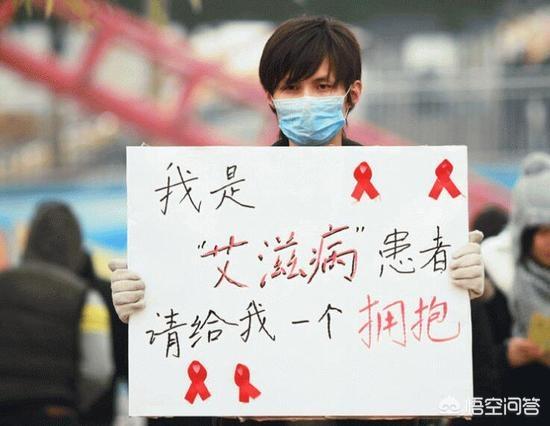
This also leads them to hide their condition even more, and they are reluctant and afraid to get a diagnosis, seek treatment, or tell friends or loved ones.

I would like to say here to people living with HIV:
In addition, there is nothing to be afraid of, as daily life does not transmit HIV. There are many successful cases, both at home and abroad, that show that other members of the family of an HIV-infected person can live in close proximity to the infected person without being infected.
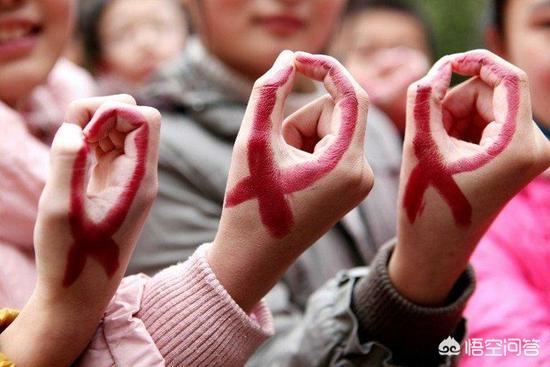
As a family member of an infected person, it needs to be done:
- Couples should insist on the proper use of condoms during sex;
- Separate toothbrushes, razors, nail clippers, and other items that can easily break skin or mucous membranes;
- Spouses and sexual partners should be tested regularly at regular hospitals and receive guidance from doctors.
As a healthcare professional, I believe that people living with HIV are not moral "sinners" and that we should reject stigma and discrimination and respect the basic rights of people living with HIV. Anti-discrimination against people living with HIV is something that we must do now and that everyone should participate in.
There is a kind of love called likes, so if you like it, give a like to Flower Little Nurse! Your support is my greatest motivation! #Amazing doctors #
I specialize in HIV prevention and treatment at the CDC, and I've encountered a lot of infected people who don't know how to deal with family members who don't know yet.
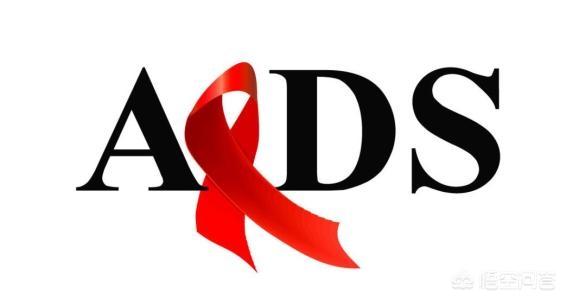
Because AIDS is given too much social morality, so infected with AIDS is regarded as a misbehavioral life or whatsoever, and is often discriminated against by many people, including our family members, but discriminating against people infected with AIDS, which is really not desirable, and all the discrimination stems from one's own ignorance, right? Therefore, as an AIDS prevention worker, I am obliged to popularize the knowledge of AIDS prevention and treatment, and reduce the discrimination against people infected with AIDS, which will be more conducive to the prevention and treatment of AIDS only if we do not discriminate against them.
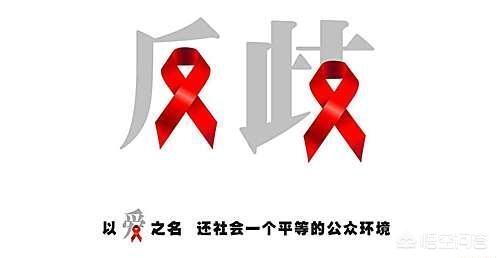
So how does an infected person deal with his or her family? The family is divided into spouses, parents and children.
First, how do you face your spouse?
First of all, you should truthfully tell your spouse about your infection, this must be told by you personally, we medical personnel have no right to tell your spouse; then take your spouse to the CDC for a test to clarify whether your spouse is infected or not. If your spouse is not infected, then you need to use condoms throughout your married life, every time, and correctly, to prevent your spouse from being infected, and you also need to get your spouse to the CDC at least once a year for a checkup.
Second, how do you face your parents?
If you don't want to stress your parents or make them feel bad, you can not tell them, but you have to pay attention to some details in your life, such as not sharing toothbrushes and razors.
Third, how do you face your children?
Same as facing your parents.
I am specialized in AIDS prevention and treatment at the CDC, please follow the private message for any questions. Please forward it to let more people know about HIV and AIDS prevention and treatment, thank you.
First, be honest. Tell them about your condition. Secondly, talk to them about the transmission route of HIV and some basic knowledge to relieve your family's worries. At the same time to give them psychological counseling, you can invite the doctor to the door to explain how to get along normally with HIV and non-infected people, including channeling the family's psychological burden and public opinion pressure. At the same time the infected person also actively cooperate with the treatment, which also includes psychological counseling. Family members are also helpless and shocked when they encounter such things, which is a common reaction. In the end, under the power of family love, family members will not give up on you. The infected person may feel sorry for the family, the public opinion and psychological pressure brought to them. In fact, HIV-infected people and AIDS patients are two different concepts. AIDS is in fact a chronic disease, as long as you do not maliciously infect others, the same as cardiovascular and cerebrovascular diseases. Therefore, psychological counseling, dredging is very important, whether it is for family members or infected people themselves. Everything we do is about ways and means. I hope this advice can help you.
First of all, we live in China, and Chinese people are terrified of such diseases. Telling your family about this bombshell will surely dishearten your parents, especially those who are the only child in the family. So this matter must be carefully considered. My advice is not to tell your parents, and at the same time, pay attention to your living habits and do not infect your family and friends.
1. First of all, if you are sick, you can't be in a negative state, you have to be active in treatment. Who would like to think of what state of technology will develop in the next three to five years, twenty to thirty years later.
2. Work actively to create wealth, because even if there is technology in the future that can treat these diseases, it may still cost a lot of money. Creating wealth positively is not only for oneself, but also for the sake of not letting down the parents, not letting them suffer in their old age, so that they can enjoy their old age peacefully!
3 Answer so many for the time being, life is hard to come by, and walk and cherish!
Well, I've tried to fantasize about what I would do if I were in the situation ...... , taking into account the family situation. If the parents are educated and have a strong mental capacity, you can find a suitable adjustment to speak out. If it is a very common family, have not experienced that kind of big storm, I will choose to hide, and take good medicine, the disease load down to a certain condition under the daily life is impossible to infect, so there is no absolute answer to this question Combined with their own conditions, and then choose a bar. No matter how you face it, your family loves you the most in the world.
Being infected with AIDS is a big blow to any person no matter how strong he or she is. In such a situation, people are very vulnerable and helpless. In fact, family members may be the last resort! Therefore, the first thing you should do is to confess to your parents and believe that you will get their understanding and love! Blood is thicker than water love is not something that can be blocked away by illness. You should also take care of your parents' emotions and life yourself, and treating them well and getting well is the best consolation for them!
Furthermore, if you are married, you have the right to privacy and the integrity of your family. However, you have an obligation to inform the other person when you have sex with them that could potentially transmit HIV, and they have an obligation to keep it a secret for you. Whether the marriage is still viable or not, or any other issue, depends on what kind of goodwill you can give to retain it. However, no matter what the final result, you should take it lightly, after all, others have the freedom of choice. If the other party is still willing, then congratulations, take good care of yourself, take care of each other, take care of the family!
On another note, you need to be careful in living with your family members and try to keep them away from your blood, semen and other body fluids that contain HIV. Let your family members also be aware of how HIV is transmitted to avoid infecting them.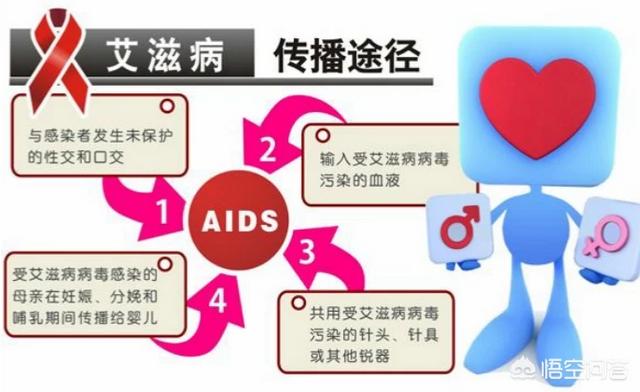 Finally, I hope you can adjust your mindset, active treatment, and proper control, life and quality of life is also possible to be comparable to ordinary people, I wish you well! That's all I have to say about this issue, I'm a CDC doctor and dietitian, I mainly share knowledge related to disease prevention and nutritional health, if you are interested, you can follow me, read the articles I publish, or leave a message for advice.
Finally, I hope you can adjust your mindset, active treatment, and proper control, life and quality of life is also possible to be comparable to ordinary people, I wish you well! That's all I have to say about this issue, I'm a CDC doctor and dietitian, I mainly share knowledge related to disease prevention and nutritional health, if you are interested, you can follow me, read the articles I publish, or leave a message for advice.
AIDS is no longer the world plague of the last century so serious, general contact is not contagious, but the long-term publicity of the AIDS epidemic has led to people still have fear of AIDS ignorance and discrimination, AIDS is also a personal privacy, willing to talk about their own affairs, in the face of AIDS, infected should be put in a good frame of mind, acceptance, family members to see how the situation is, some people do not want to grieve their family members do not say, AIDS is now only a chronic disease, early detection and treatment, life expectancy is close to normal life expectancy, so we do not need to be afraid. AIDS is now just a chronic disease, early detection, early treatment, good control, life expectancy is close to normal life expectancy, so we do not need to fear, China is now more and more infected, we should also be open to accepting, more care and help to AIDS, less discrimination in society, the correct way to look at this disease. More positive energy, the future progress of science and technology will make this disease to be completely cured!
AIDS, also known as acquired immunodeficiency syndrome, is caused by infection with the AIDS virus (HIV). AIDSThere is currently no effective vaccine against AIDS. It is difficult for HIV-infected people to tell their uninformed family members the truth, so how to deal with uninformed family members has become a topic of discussion.
In my opinion, AIDS patients still need to consider whether or not to inform their families according to the actual situation of the family. 1, nowadays, AIDS patients are mainly young and middle-aged people, so if the family members are old and can not withstand the result, then you can consider not to inform them. 2, in general, it is best to inform the family members truthfully, so that they can have knowledge of AIDS, understand the mode of transmission and preventive measures to protect the family members from being infected earlier. 3, AIDS patients need care during the illness, so it is good to inform the family members early to get their understanding and support. It is better to inform your family members about AIDS, how it spreads and the preventive measures, so that they can be protected from infection earlier and better.3,AIDS patients need care during the period of illness, so informing your family members earlier to get their understanding and support is also conducive to the development of the disease.
The following is to popularize the preventive measures of AIDS: 1. Adhere to cleanliness, do not prostitution, prostitutes, avoid premarital and extramarital sexual behavior. 2. Strictly prohibit drug use and do not share syringes with others. 3. Don't have unauthorized blood transfusion and use blood products, but use them under the guidance of a doctor. 4. Don't borrow or share toothbrushes, razors, shavers and other personal items. 5. The use of condoms is one of the most effective preventive measures against STDs and AIDS in sexual life. 6. Avoid direct contact with blood, semen, milk and urine of AIDS patients to cut off their transmission channels.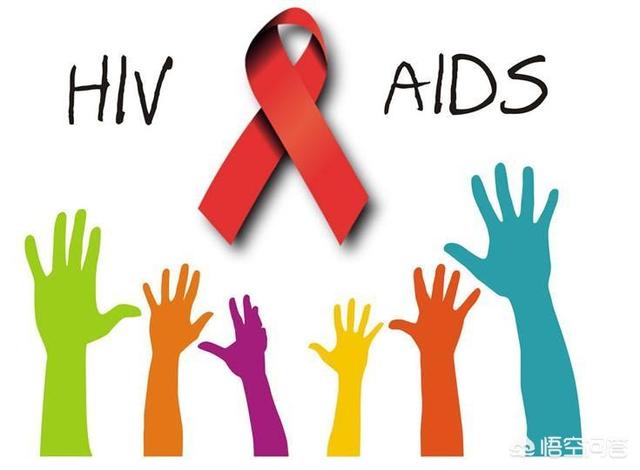
This question and answer are from the site users, does not represent the position of the site, such as infringement, please contact the administrator to delete.